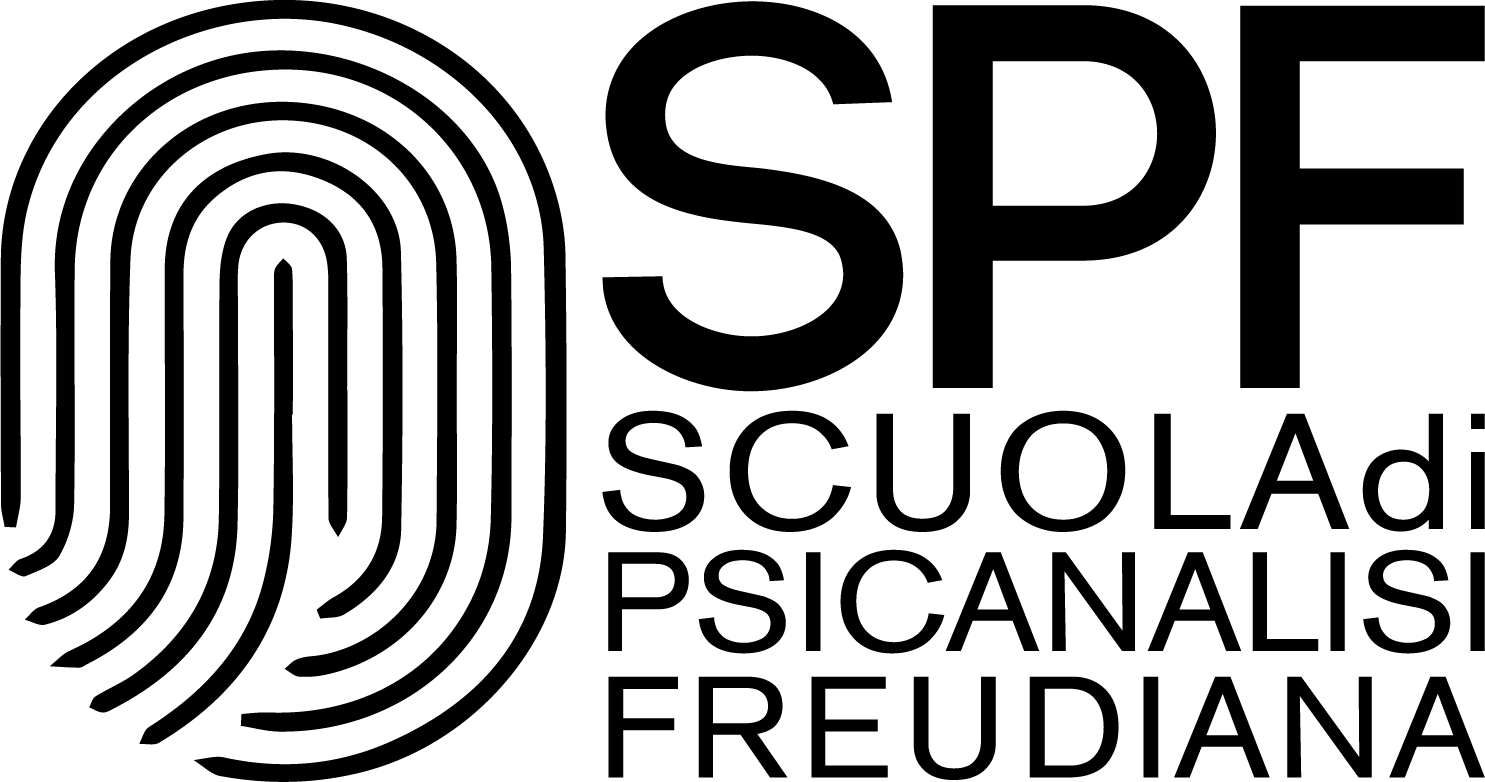SPF focuses on research in the psychoanalytic field and in dialogue with other disciplines.
Our association has sought to identify and emphasize the naturalist and rationalist foundations that constitute indispensable prerequisites to do theory and practice in psychoanalysis.
This endeavor mainly addresses two aspects:
- a methodological aspect, which entails the normative elements inherent in the empirical character of psychoanalysis: that is, the logical and experimental protocols that bestow rationality on psychoanalytic practice (justifiability and falsifiability);
- an epistemological aspect, which regards the construction of the objectivity inherent in psychoanalytic theory (metapsychology).
Our aim is to restore a regime of conformity (consistency) without which there is no science, against a background of often outrageous deformity that characterized the development of psychoanalysis over the second half of the 1900s. From SPF viewpoint (which is, as stated earlier, the same as Freud’s), psychoanalysis is neither an initiatory technique for self-realization nor conceptual poetry: it is a science, akin to all others, albeit not devoid of peculiarities. Any attempt to apply a methodological paradigm born in other contexts and not alien to the world of psychoanalysis, with the illusion to thereby address issues of experimental control and respond to criticism about the validity of the theory, is hazardous and harmful. As it is happening in other fields, the route to pursue is rather that of establishing an internal epistemology, able to take account of the peculiarities of psychoanalysis.
Much of the research activities then become the subject of publications within the journal Metapsychologica, or other relevant journals, as well as presentations and conferences.
Anyone interested in participating in the activities can send an email to info@scuoladipsicanalisifreudiana.it specifying their interests.
Below we present the main research areas active within our institute.
Epistemology of psychoanalysis
Fundamental epistemological and methodological issues are addressed with reference to the specific psychoanalytic object of inquiry.
Neotranscendentalism in psychoanalysis
Kant’s thought is integrated with Freud’s, finding evidence of how metapsychology not only originates in the transcendental horizon, but develops within it bringing profound enrichments.
Formalization of metapsychology
Metapsychology contains an implicit formalism in that the objects and relationships described by Freud are located within a coherent model. Therefore, the possibilities of a formalization of this theoretical apparatus are studied.
Psychoanalysis and Ethics
Psychoanalysis, as a natural science, has the subject as the object of its investigation; the latter, however, in the psychoanalytic experience is also a subject that has ethical instances: it has a will, it expresses autonomy, and it is free; this dual status as a natural object and subject of freedom thus raises several ethical issues, the investigation of which from a rationalistic perspective (in the Kantian transcendental sense) proves important for contemporary debate.
Psychoanalysis and Economics
Within the “Metaeconomica” project, we aim to integrate the metapsychological perspective to economics by questioning the methodological and epistemic aspects of economic science through metapsychological lenses and approach.
